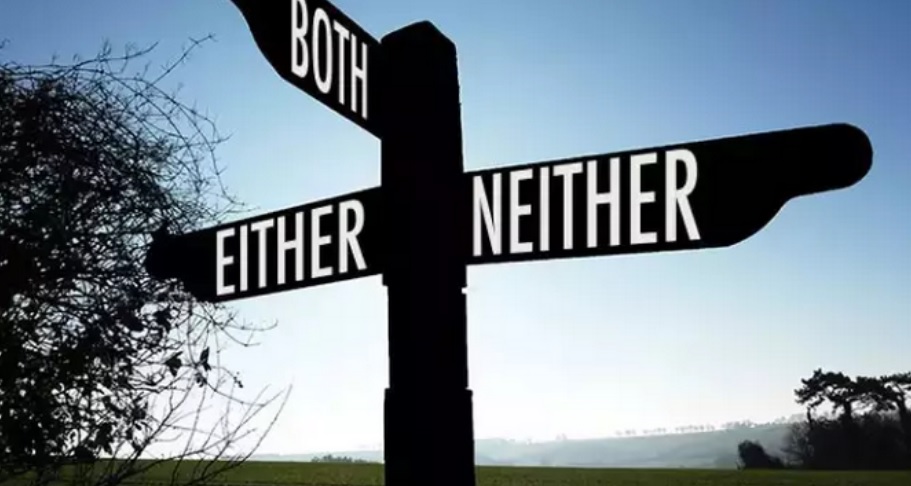当你在用英文回答别人“我也不”时,到底该使用me, either,还是me, neither呢?相信对很多人而言,这是个颇为头疼的问题。本文和大家一起来探讨。
假设一位美国友人对你说:I don’t like the new album released by Taylor Swift. 碰巧你也不怎么喜欢Swift的新专辑,你该怎样回应呢,是:me, either,还是me, neither?
这个问题似乎不只困扰我们国人,老美貌似也有点稀里糊涂,从Yahoo Answers上众说纷纭的答案可见一斑。不幸的是,Wikipedia这次也没能给我们直白的答案。所以我只好Bing一下了。
首先看看Yahoo Answers上被选为最佳的回复(best answer)吧(原文名为:Me neither or me either? What is correct?),回答者bruhaha解释道:
Short answer — in everyday informal speech “Me, neither” is often the best choice.(简言之,在日常的非正式交谈中,“Me, neither”通常是最好的选择)
It is true that for FORMAL usage, you would be expected to say something like “Neither do I” or “Nor I”.(如果在正式的场合,回答“Neither do I”或者“Nor I”可能更恰当)
But for INFORMAL/COLLOQUIAL –everyday!– spoken English, those forms do not always need to be used, and may even be discouraged as “stuffy”.(但对于非正式/口语化、日常的口语,其实不提倡过于拘泥形式,那样会显得很累赘)
这个回答进一步在权威线上词典Thefreedictionary.com得到印证,查询me neither,该网站给出的解释是:Me neither(spoken): I also would not.例句:”I’d never go there alone at night.” “Me neither.” 并给了一个简短的使用说明(Usage notes):used to agree with a negative statement(用于赞同否定陈述).如果你试图查询me either,词典会提示:Phrase not found in the Dictionary and Encyclopedia. (本词典及百科中均无me either这个短语)
一位在日本教英语的加拿大本地老师在名为Ask the English Teacher的网站上吐槽并求助:I am Canadian and I started teaching English in Japan recently. At the beginning, I kept thinking that teaching English is a breeze. However, I now come to realize that my grammar actually sucks! … What is the difference between ME EITHER and ME NEITHER? Is Me either bad English?
该网站的博主给出了如下回复:The expression should be “Me neither”—for example: “I don’t like driving in heavy traffic.” “Me neither.” It’s the same as “Neither do I,” but it’s colloquial, not grammatical. “Me either” doesn’t make sense. 你明白了吗?一句话,me neither可视为Neither do I的简化版,但一般用于口语中。
最后,想提醒一下大家,如果你非要用either,上段所例子中的提问也可以这么回答:I don’t, either.


